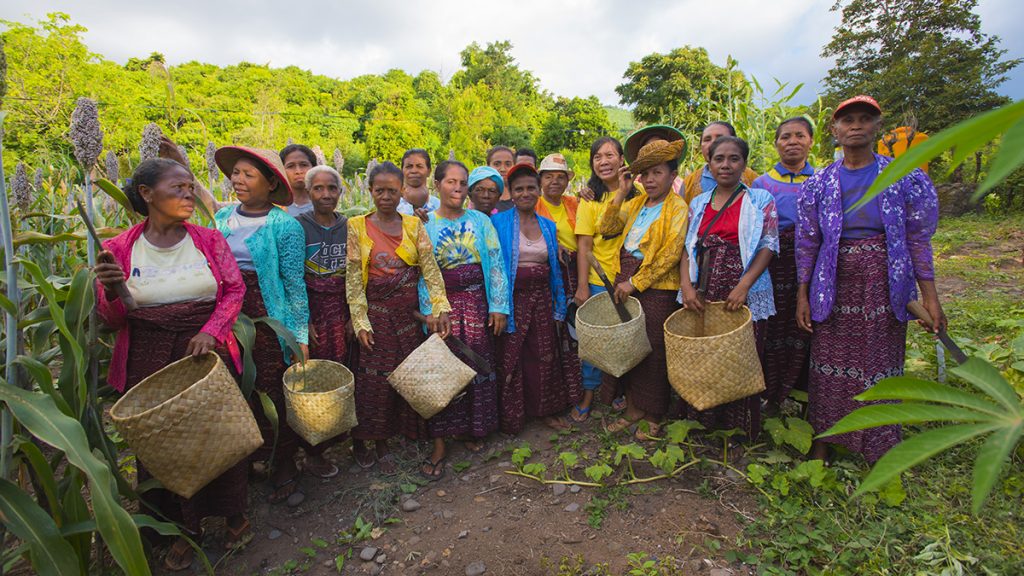

Sorghum ranks fifth in the world’s important cereal crop. In Indonesia, these grains become one of the types of local food that is rich in biodiversity in arid (dry) climates.
Sorghum can adapt to a wide range of ecological conditions and can produce under conditions that are less suitable when compared to rice plants.
Sorghum can tolerate hot and dry conditions, but it can also grow in areas with high rainfall or stagnant places. Sorghum can also grow on sandy soils.


In 2017, KEHATI together with partners in East Nusa Tenggara (NTT) conducted sorghum planting activities to reach 220 hectares with a productivity level of 2.8 tons per hectare.
The movement to plant sorghum which was previously only in the districts of Lembor and East Flores, has now spread to Ruteng and Lembata. Sorghum is also a source of food for daily consumption.